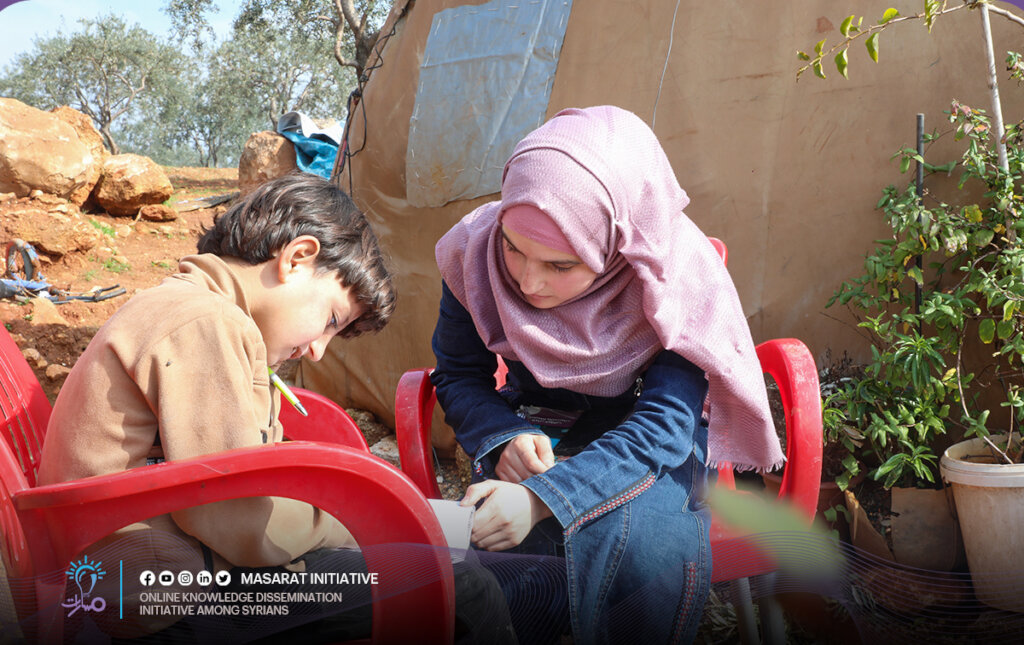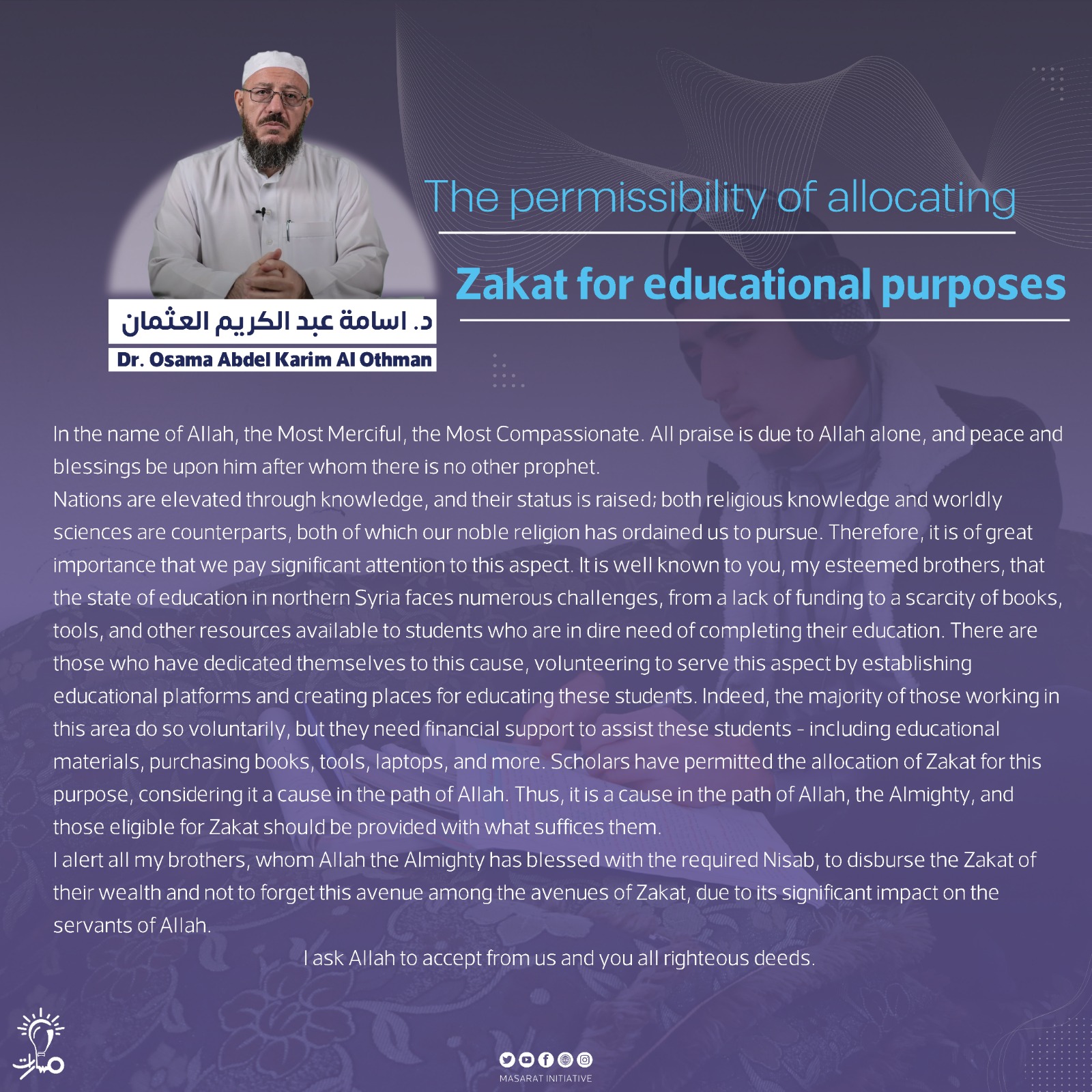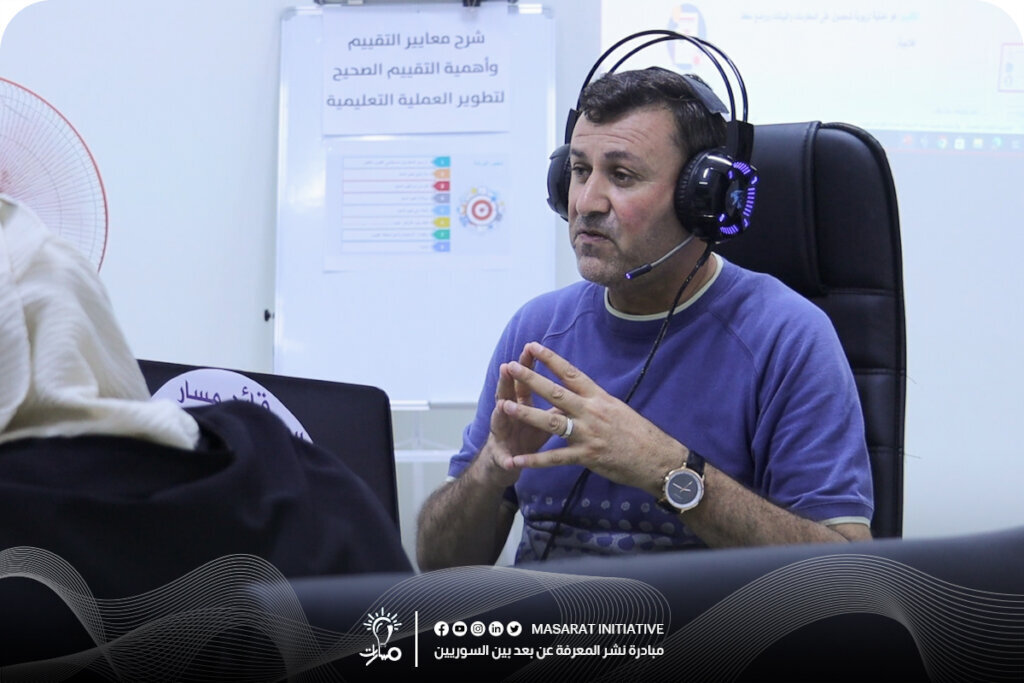Zakat in Islam is not just an obligation but a fundamental pillar that emphasizes social justice. With the growth of financial transactions, the rules of zakat on wealth emerge as a precise system to ensure wealth distribution and achieve balance in the Islamic community.
Today, in our article, we will introduce you to the most important rulings on zakat on wealth, how to pay it, and its virtue in Islam. Let’s begin.
The Ruling on Not Paying Zakat on Wealth
We distinguish two cases in not paying zakat on wealth:
The Ruling on Avoiding Zakat on Wealth Due to Stinginess
Refusing to pay zakat out of miserliness is considered a major sin. The Quran states: (And those who hoard gold and silver and do not spend it in the way of Allah – give them tidings of a painful punishment).
With money becoming a substitute for gold and silver in modern times, the ruling on avoiding zakat on wealth and zakat on valuables like gold and silver is considered the same.
The Ruling on Forgetting to Pay Zakat on Wealth
Ignoring zakat on the grounds of forgetfulness reflects a negligence of religious jurisprudence and its rulings, which requires a Muslim to be familiar with its jurisprudential rulings and conditions. Thus, it is incumbent upon him to pay his zakat to cleanse his conscience before Allah and fulfill the rights of the poor, considering the payment for the forgotten years as much as possible.
The Ruling on a Muslim Who Does Not Pay Zakat on Their Wealth
Allah says: (And those who hoard gold and silver and do not spend it in the way of Allah – give them tidings of a painful punishment on the day when it will be heated in the fire of Hell and seared therewith will be their foreheads, their flanks, and their backs, “This is what you hoarded for yourselves, so taste what you used to hoard”).
Therefore, neglecting to pay zakat is a clear violation of Islamic law, as Islam emphasizes the necessity of paying zakat on wealth at its specified times without delay. Those who refrain from it must seek forgiveness, repent, and quickly correct this by paying it.
To Whom is Zakat on Wealth Given?
Zakat on wealth is distributed as mentioned by Allah in His noble book: “Charities are only for the poor and the needy, and those employed to collect [them], and those whose hearts are to be reconciled, and to free captives and debtors, and for the cause of Allah, and [for] the [stranded] traveler – an obligation [imposed] by Allah. And Allah is Knowing and Wise.”
In this verse, Allah mentions eight categories eligible for zakat. Some righteous people have said that the most deserving of zakat wealth are the poor and the needy because Allah mentioned them first in the verse. However, it is mandatory to identify the neediest among them for the zakat wealth.
The Virtue of Zakat on Wealth in Islamic Sharia
The obligation of zakat, a fundamental pillar of the religion, reflects the spirit of solidarity and affection among Muslims, embodying the right of Allah and the poor to the wealth of the rich. Its virtue is seen in several aspects, including:
Paying zakat on time brings blessings to wealth, purifies it from impurities, and cleanses the soul from miserliness and attachment to the fleeting world. Enhancing social solidarity as zakat on wealth strengthens the bonds between the rich and the poor, deepening the sense of responsibility and cooperation among Muslims.
Masarat Initiative for Online Education in Northern Syria
By contributing your zakat to the “Masarat” initiative, you actively participate in connecting displaced and refugee communities in northern Syria with online education opportunities, thus alleviating the burden of its costs. This free initiative plays a vital role in eradicating illiteracy and supports students’ determination to complete their education, ensuring a better future for them
Frequently Asked Questions on Paying Zakat on Wealth
What is the ruling for someone who does not pay zakat on time? What should they do?
It is not permissible to delay zakat beyond its due time, so one must hasten to pay it.
When is zakat not required on wealth?
Zakat is not required on wealth if it does not reach the nisab (minimum amount) by the end of the lunar year.
Is it permissible to prepay zakat on wealth?
Prepaying zakat is allowed only out of necessity, as stated by the Maliki school, and a prophetic hadith confirms that zakat is not obligatory on wealth until a lunar year has passed over it. However, some see it permissible to prepay it to meet urgent needs like poverty or famine, benefiting the Islamic community.
Does zakat on wealth have a specific time?
Zakat on wealth is due after a lunar year has passed since the wealth reached the nisab and remained above this threshold.
Is it permissible to pay zakat without mentioning it's zakat?
It is important to specify the money as zakat when the financial situation of the beneficiary is unknown, to ensure the needs of the needy are met. However, if the giver is aware of the recipient’s poverty, mentioning it is not required.








